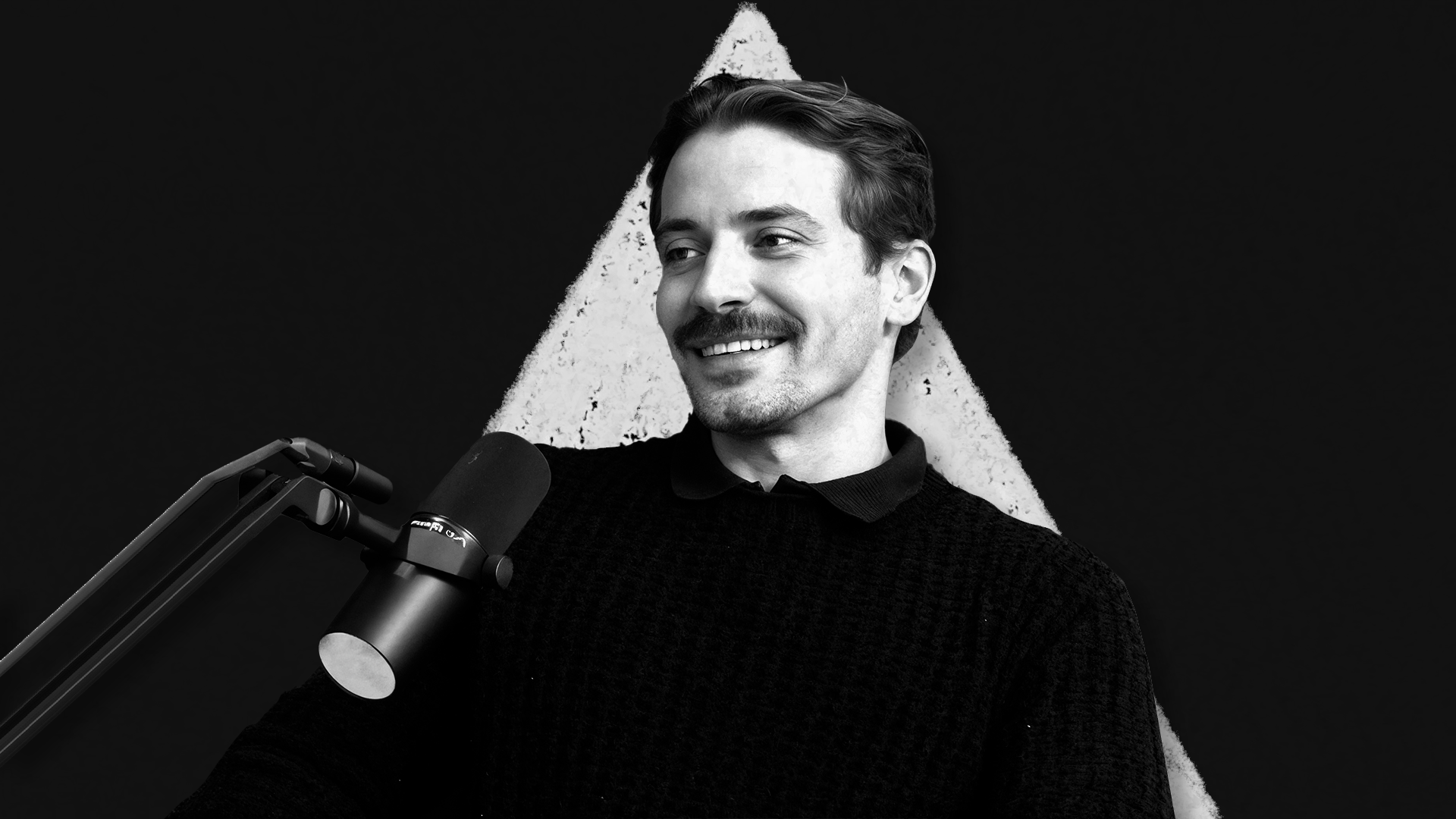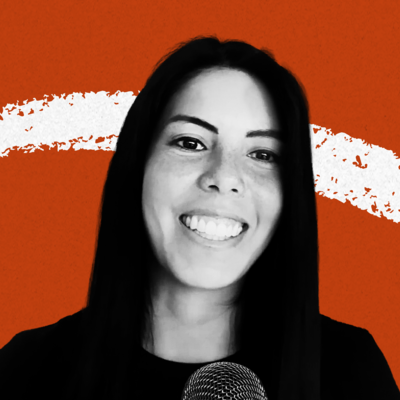
TL;DR: Today we’re releasing a new episode of our podcast AI & I. I go in depth with Guillermo Rauch, the cofounder and CEO of Vercel, a cloud platform for hosting and deploying web applications. We get into how AI creates new levels of abstraction in coding, his take on the allocation economy, and why specialized agents are the future. Watch on X or YouTube, or listen on Spotify or Apple Podcasts. Here’s a link to the episode transcript.
Was this newsletter forwarded to you? Sign up to get it in your inbox.
Guillermo Rauch’s code is everywhere.
OpenAI’s website is hosted on his company’s platform, Perplexity’s real-time chat feature is powered by his open-source tool, and if you’re building a new website or coding real-time features—like live notifications or instant messages—there’s a good chance you’ll use his code too.
Guillermo has been coding since he was 10 years old. He’s now the cofounder and CEO of Vercel, a platform that helps developers build fast, personalized web experiences. He’s also the creator of open-source tools like Next.js and Socket.IO.
The thing is, he doesn’t think of himself as a coder.
“I don't think I would identify… as a coder, even though that’s what I obsessed about for years,” he says, sitting opposite me wearing a black sweater, groomed moustache, and wry grin.
A successful software business is about a lot more than just code, he says; it’s about having the drive to build a practical, useful product. “Coding is a specific skill, and when things are specific skills, machines tend to take them over time,” he says, “so what I try to separate is, what are the meta skills… not as easily replicated by machines that you should still nurture?” Meta skills, Guillermo believes, “tend to be more around very high-level conceptual thinking.”
In a world where AI can handle routine coding work, Guillermo has noticed developers at Vercel becoming more full stack. “I think it’s an important asset to have… with [Vercel’s AI coding copilot] v0 for example, they can do design. They can bring context, data, copywriting into their creations that otherwise would have required chatting with other people and crowdsourcing ideas.
“The trend has been away from the implementation detail, which is the code, and toward the end goal, which is to deliver a great product or a great experience.”
I spent a fascinating hour talking with Guillermo. The whole conversation is riveting, and you can check it out here:
If you want a quick summary, here are some of the themes we touched on related to building great products and lasting companies:
The Only Subscription
You Need to
Stay at the
Edge of AI
The essential toolkit for those shaping the future
"This might be the best value you
can get from an AI subscription."
- Jay S.
Join 100,000+ leaders, builders, and innovators

Email address
Already have an account? Sign in
What is included in a subscription?
Daily insights from AI pioneers + early access to powerful AI tools









.png)
Comments
Don't have an account? Sign up!